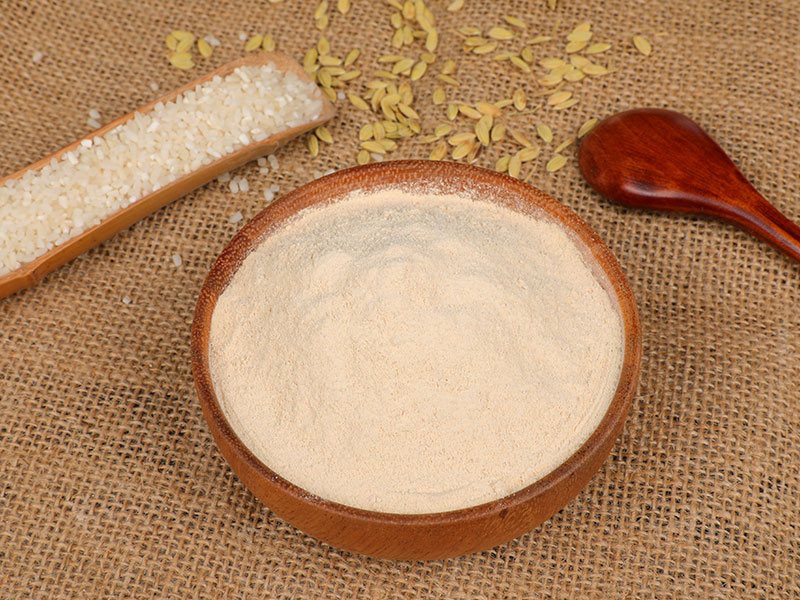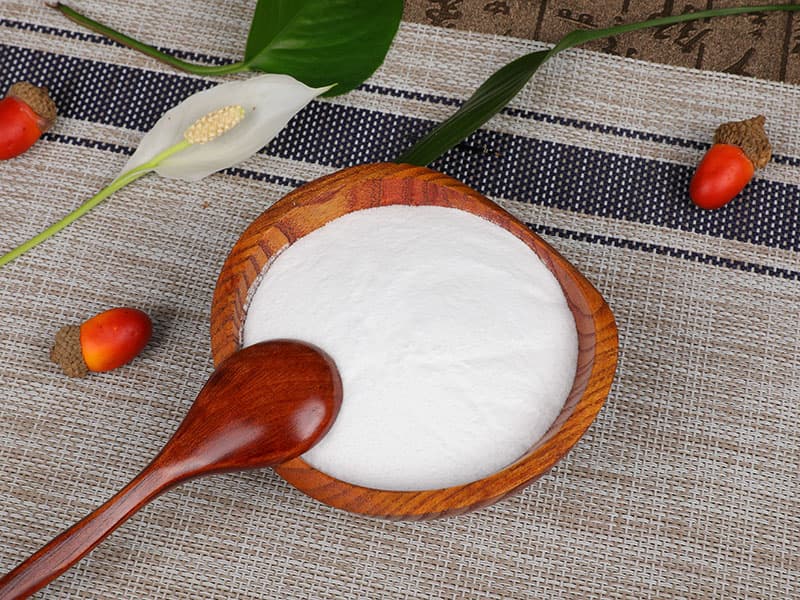Organic starch syrup finds a variety of applications in the food and beverage industry, and its organic nature aligns well with the increasing consumer demand for natural and organic ingredients. Here are some key applications and how its organic nature meets consumer preferences:
Key Applications of Organic Starch Syrup:
Sweetener in Confections:
Organic starch syrup serves as a natural sweetener in confectionery products such as candies, chocolates, and gummies. Its mild sweetness and ability to prevent crystallization make it a popular choice.
Bakery Products:
In bakery applications, organic starch syrup functions as a humectant, enhancing moisture retention and texture in baked goods. It is used in items like cookies, cakes, and pastries.
Beverages:
Organic starch syrup is employed in the beverage industry for sweetening and flavor enhancement. It is used in natural and organic beverages, including juices, energy drinks, and flavored water.
Dairy and Frozen Desserts:
In the production of organic ice cream, sorbets, and other frozen desserts, organic starch syrup contributes to the texture and mouthfeel. It helps prevent ice crystal formation and improves the overall sensory experience.
Condiments and Sauces:
Organic starch syrup is utilized in the formulation of organic condiments and sauces, including ketchup, barbecue sauce, and salad dressings, providing thickness and improved consistency.
Nutritional Bars and Snacks:
It is used in the production of organic nutritional bars and snacks, providing binding properties and serving as a natural sweetener.
Baby Food:
Organic starch syrup is a common ingredient in organic baby foods, where the emphasis is on natural and wholesome ingredients without synthetic additives.
Gluten-Free Products:
Given its gluten-free nature, organic starch syrup is often used in the formulation of gluten-free products, offering an alternative to traditional thickeners and sweeteners.
Alignment with Consumer Demand for Natural and Organic Ingredients:
Organic Certification:
Consumers increasingly prioritize organic products due to concerns about the use of synthetic pesticides, herbicides, and genetically modified organisms (GMOs). Organic starch syrup, sourced from organically grown crops, carries organic certification, assuring consumers of its adherence to stringent organic standards.
Clean Label Trend:
The clean label movement, emphasizing transparency and simplicity in ingredient lists, aligns with the organic nature of starch syrup. Organic certification signifies a commitment to clean, natural ingredients, resonating with consumers seeking products with minimal processing.
Health and Wellness:
The organic nature of starch syrup appeals to health-conscious consumers who are looking for alternatives to refined sugars and artificial sweeteners. Organic starch syrup offers a more natural and wholesome option in comparison to some conventional sweeteners.
Environmental Sustainability:
Organic farming practices, including those involved in the production of organic starch syrup, prioritize environmental sustainability. Consumers concerned about the ecological impact of food production appreciate products that support sustainable agriculture.
Allergen-Free Attributes:
Organic starch syrup is often gluten-free and free from common allergens. This makes it suitable for consumers with dietary restrictions or sensitivities, contributing to its appeal in a diverse market.
Ethical Considerations:
The organic certification process involves ethical considerations related to soil health, biodiversity, and animal welfare. Consumers who prioritize ethical and responsible food choices are drawn to products with organic certification.
Market Demand:
The organic food and beverage market continues to grow globally as more consumers prioritize organic products. The demand for organic ingredients, including organic starch syrup, reflects a broader shift in consumer preferences toward healthier, more sustainable choices.


 English
English 中文简体
中文简体





